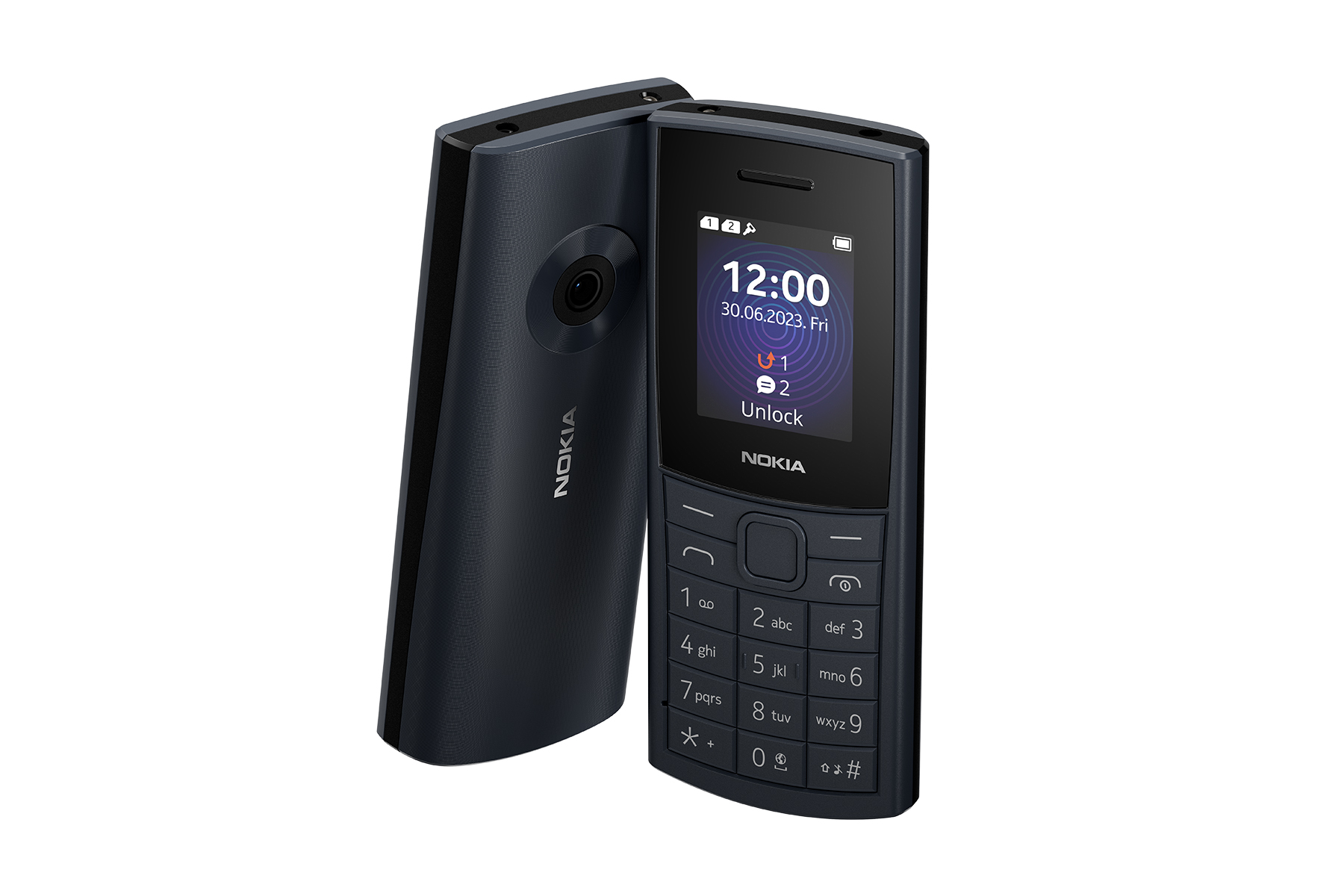In the first of a two-part series, our experts pick the best revision apps for different types of learner, and share tips on how to set your own revision timetable.
The sun is peeking out from behind the clouds, lambs are frolicking in the fields and flowers are blooming, so it can only mean one thing: revision season is upon us.
Teens across the country are taking a deep breath. Parents are googling apps, websites and strategies to get the most out of study schedules. So what are the best tools to+ help teens knuckle down (featured links at bottom of the page)? And do different students require different strategies?
“Visual, auditory, kinesthetic, and reading/writing learners refer to different learning styles, which are hypothetical ways in which people like to process and retain information,” explains Maud Miller, an English specialist from Owl Tutors, a private tuition agency that provides qualified teachers for one-to-one support across a range of exams and subjects.
“While there’s some debate among educators about how effective learning styles really are, it’s still useful to understand the general characteristics of each one.”
“Most people use a mix of these styles,” stresses Ms Miller. “Research suggests focusing on techniques that work for most learners is more important than matching individual styles.”
In the first of a two-part series, our experts pick the best revision apps for different types of learner, and share tips on how to set your own revision timetable.
But she adds: “supporters of learning styles believe that different learners might respond better to certain revision techniques based on their preferred learning style.”
So which one does your teen lean towards, and what’s available online to support that style?
Visual learners
“Visual learners like seeing information in pictures, charts, or diagrams. They remember things better when they can visualise them, but might have trouble with just verbal explanations,” Ms Miller explains. Advocates of learning styles argue that visual learners could benefit from mind maps and visual aids, she says.
There are plenty of mind-mapping apps on the market, but when it comes to simplifying, organising and remembering your study notes, the most recommended is MindMeister (free for the basic plan, with paid-for plans from £5.49 a month).
Revising for A-level or GCSE science subjects?
Teacher and tutor Doug Cameron-Hobbs recommends freesciencelessons.co.uk: “A well-indexed library of concise revision videos… they are useful for all kinds of learners, but especially to the last-minute crammers (don’t be one!)
“Many a student has benefited from watching a few of his videos on their least favourite topics in the immediate run-up to exams.”
Need help with maths?
Maths teacher and tutor Sam-Louis Gardiner recommends Numerise: “Each topic has an introductory video and a wide and comprehensive set of practice questions and explanatory videos which are excellent for when you missed a topic or something just isn’t ‘clicking’ for you.”
Maud Miller recommends the free app Seneca for many subjects: “This platform uses engaging content, quizzes, and memory techniques to help students learn and retain information. It works well for visual and reading/writing learners, as it combines text and visuals to explain concepts.”
ChatGPT: What impact could it and other AI bots have on our kids’ learning?
The artificial intelligence chatbot ChatGPT, created by OpenAI, has been grabbing headlines of late, but will it be a good or bad thing for children's education?
And her final recommendation is Adapt (free with in-app purchases): “a smart, personalised revision timetable app that instantly generates the ideal study plan for students, all the way up to exam day, and offers subject-specific resources to help them revise each topic along the way.
“This versatile app is perfect for all learners, as it combines various content formats like videos and written notes with intelligent planning features, ensuring it meets the needs of diverse learning styles and preferences.”
Auditory learners
“Auditory learners learn best by listening. They’re good with lectures and discussions, but might struggle with written instructions or visuals,” says Ms Miller. So audiobooks and voice notes might be more helpful for this type of reviser, say advocates.
If this is you (or your teen) then Audible‘s selection of educational audiobooks may be your new best friend. The voice notes/recorder app on your phone can also be turned into a smart study aid by using it to record yourself reading your notes, and then listening back. Text-to-voice reader apps can also be a useful aid. Apps like Peech (free with in-app purchases) enable students to scan any text (PDFs, articles, pages of books) and then listen to them as audio.
In the first of a two-part series, our experts pick the best revision apps for different types of learner, and share tips on how to set your own revision timetable.
Ms Miller recommends the free BBC Bitesize for “videos, quizzes, and articles for a variety of subjects. It caters to different learning styles, with visual aids for visual learners, audio content for auditory learners, and text for reading/writing learners.”
She also rates Quizlet, which is also free: “This flashcard-based app helps users create, share, and study flashcards on various subjects. It’s great for reading/writing learners and can also support visual and auditory learners with images and audio features.”
Featured links
Stay up-to-date with the very latest news from Vodafone by following us on Twitter and signing up for News Centre website notifications.

![worried mother hugging upset teenage daughter [Adobe Stock] A stock image of a worried mother hugging her upset teenage daughter.](https://www.vodafone.co.uk/newscentre/app/uploads/2025/02/worried-mother-hugging-upset-teenage-daughterAdobe-Stock-Optimised.jpg)








